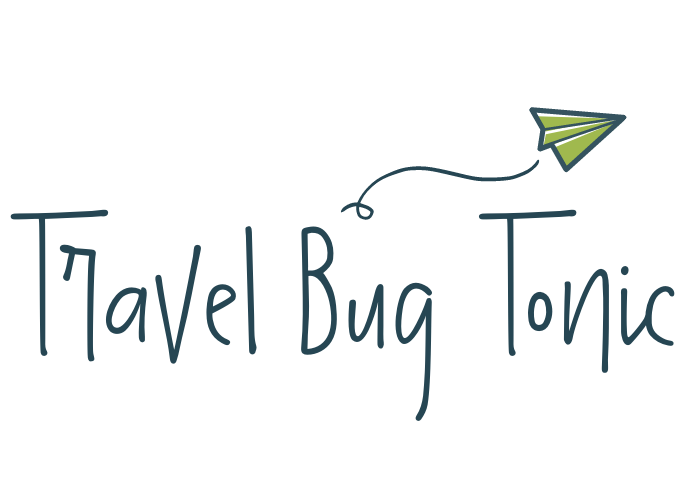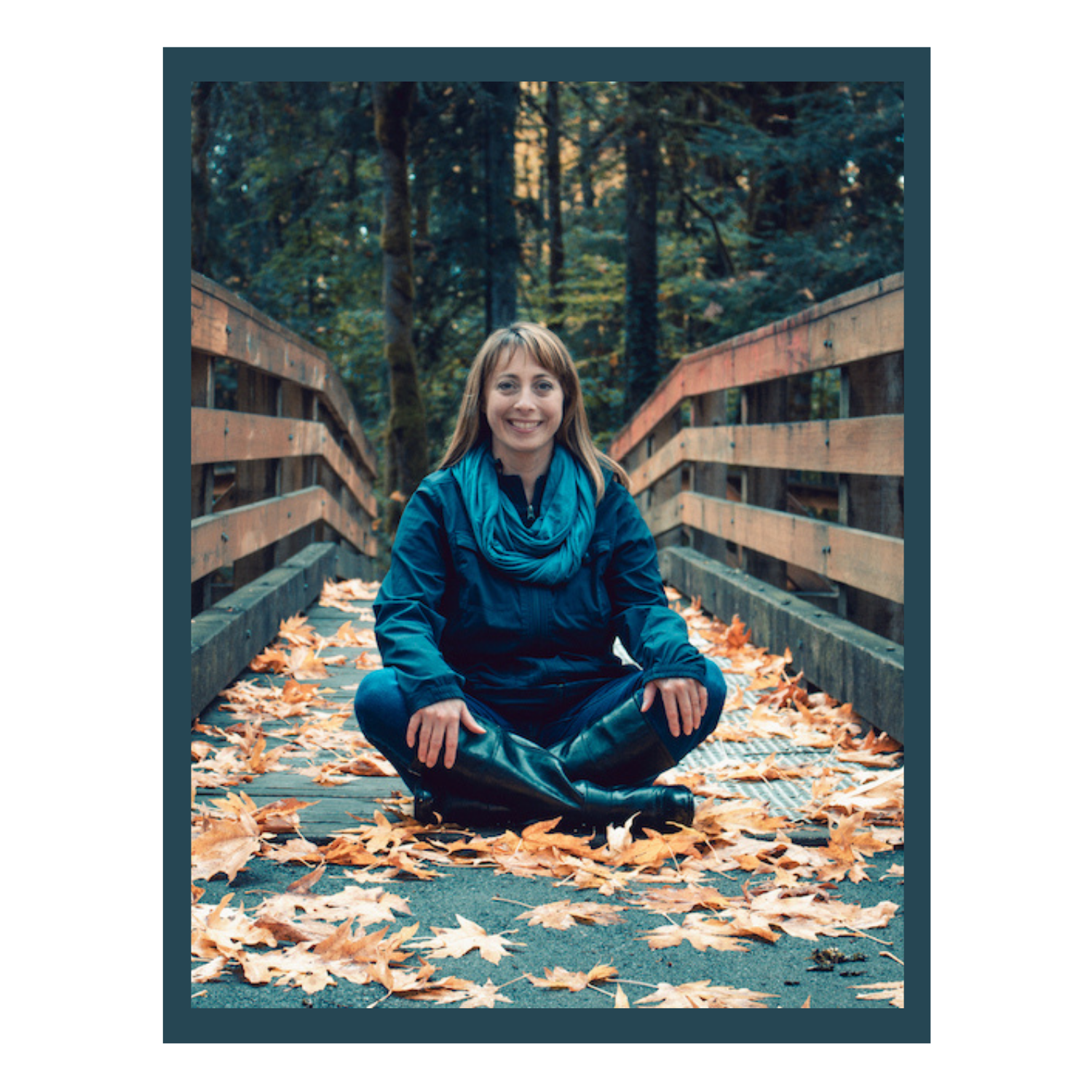How anticipation can lead to travel bliss
“Travel is ninety percent anticipation and ten percent recollection.”
Table of Contents
Engage in travel planning
Travel planning is not dreaming
The Build and Broaden Theory
Apply these concepts at home
Remember when you were a child and the night before your birthday, Christmas morning or a special event? Likely it was so hard to sleep because the excitement felt like a rolling boil of fantastical pre-pleasure. Let’s be honest, the actual day or event may have been amazing but usually had fewer sparkles than our fantasies! The same is true for travel, and if you are as infected by the travel bug as I am, you’ll know that pre-trip anticipation is almost as (or more) pleasurable than Christmas morning as a kid!
Studies of travellers have shown that anticipating a trip can make you happier than the trip itself. Travel planning builds anticipation.
A few things are at play here:
Engaging in planning improves wellbeing by increasing anticipation.
Planning is more than dreaming.
The Broaden and Build theory of positive psychology suggests the positive emotions we have about travel strengthens our wellbeing fitness.
Engage in travel planning
Studies have shown that people who are looking forward to a trip show higher levels of happiness than people who are not. Sort of obvious, but what is interesting is that the more a person is active in the planning of their trip, the more they anticipate it and the happier they feel.
In fact, when the planning phase is omitted because a person has booked a packaged tour or has left all the activity choices to someone else, the level of anticipation is lowered. It is the independent traveler actively planning who experiences an increase in anticipation, travel satisfaction and, according to the studies, life satisfaction for a longer time.
How to stoke anticipation
Ask yourself how much you engage in travel planning. Do you hire an agent or company to take care of some or all of the decisions? How much is your travelling companion knee-deep in the options and choices and how involved are you?
Travel planning is big business. The internet has, however, made it much more accessible for the average person to research, build itineraries, and feel confident in their bookings. It has also exploded the options that are available which can overwhelm some people who don’t particularly like travel planning.
The key is to find ways to:
Shift how we look at the early planning stages. It is the first opportunity to amplify the positive emotions that we link with travel.
Find ways to engage in travel planning. You don’t have to do it all, but get curious and look for ways to influence the itinerary and integrate activities and options that speak to your travel motivations. Avoid being hands off or accepting a standard packaged trip that attempts to “make everyone happy.”
More on travel planning strategies soon!
Bonus - people who plan and positively anticipate a trip are likely to approach the travel challenges that are inevitable with a more positive attitude. On the flip side, be forewarned that humans aren’t very good at predicting our own happiness! Studies have shown that travellers have a tendency to think that a trip will make them happier than what they actually will experience.
Travel planning is not dreaming.
I don’t feel Christmas eve excitement when I know it is only pretend. Planning must have an aspect of commitment and intention to foster a true feeling of anticipation. Sure, you can dream about travel adventures for years but when you make a decision and take that first step…the game changes and the trip is going to happen! (Well, I should say it is probably going to happen given our lessons from COVID!)
Here is a big caveat. More is not better - ie. more planning does not bring greater happiness. Too much of a good thing can go sour, planning included. Beware the tendency to over plan and be overly planned!
Anticipation is also about setting the stage for the unexpected. It is not about creating a rigid schedule that doesn’t allow for the realities of travel to happen. You will undoubtedly face late trains, bad weather, something you don’t understand or didn’t know about. When you are involved in planning, research has found that you accept things can be variable and, when things go south, you are much better prepared to do some problem solving and be ok with whatever happens.
The Broaden and Build Theory
In positive psychology, the Broaden and Build Theory suggests that the very presence of positive emotions (including anticipation) improves self-awareness and encourages open thinking, curiosity and exploration. Over time this connection between emotions and our expansive reaction to them is like a wellbeing workout. Over time we are strengthening our capacity to experience good health, happiness, and resilience!
Historically, psychology theories have typically focused on negative emotions like anxiety, anger and depression. The beauty of the Broaden and Build Theory is that it acknowledges that both negative and positive emotions co-exist and when we foster the positive ones, we end up building resources to cope with negative ones. The woman behind this thinking is Dr. Barbara Fredrickson. The concept was first published in 1998 and since then, Fredrickson has released a book that describes how positivity creates an upward spiral leading to happiness. (Dig into the research here.)
Positive emotions
Another interesting element of the theory is the concept of action tendencies. Action tendencies are described alongside emotions as the urge to act in a particular way. Apparently positive emotions don’t have strong action tendencies like negative emotions. Think about when you were overcome by awe at the beauty of a forest….did that compel you to act in a predictable way? How about when some jerk driver cut you off in a car? I’m not prone to road rage but even I am often compelled to #$@!% with a burst of anger.
Instead of causing physical actions, positive emotions tend to open us up to feeling more experimental and willing to pursue new-to-us opportunities. For example, the positive emotion of anticipation may spark changes in how I think and I might begin wondering about a location or its history. That emotion of anticipation may then influence my behavior to learn more, check out accommodation options, see what else I could do, see, taste and learn while I’m there!
“The psychological broadening sparked by one positive emotion can increase an individual’s receptiveness to subsequent pleasant or meaningful events…this can in turn trigger an ‘upward spiral.’”
Dr. Barbara Fredrickson
Apply these concepts at home
Being at home and living with a travel mindset without actually going on a trip is something many of us have been forced to practice lately!
If you re-read this article and drop the “travel” and “trip” references, you’ll notice that the focus is on fostering positive emotions by engaging in the planning of any kind of activity to develop a sense of anticipation.
Your travel motives are your biggest clue. (learn more here) If novelty, connection or growth are motivators for you, they hold the secret to accessing these positive emotions for yourself. Use those motives when crafting at-home experiences.
When I give myself some time and space to plan the close-to-home adventures in my immediate future, I find the opportunity to build in anticipation which enables me to put in the extra effort to make ordinary adventures more extraordinary.
At home examples
A quick after-work snowshoe outing in my local area was planned. A snowshoe through the forest is beautiful, active fun but in my hometown it’s a bit ordinary. Instead, a couple days before the date, I dug out headlamps and timed it to go at night! Not only was the evening spectacular, the day or so of anticipation, including the opportunity to “think outside the box” boosted my score on any happiness meter!
Many years ago friends shared with me that they planned a date activity during the last week of every month. This allowed them time (weeks!) to plan their activity, do some research to make it special, talk about options together and/or make arrangements as necessary. The idea has stuck with me and is brilliantly aligned with this concept of building anticipation to increase the happiness we feel. It is authentic travel bliss without having to go far at all.





